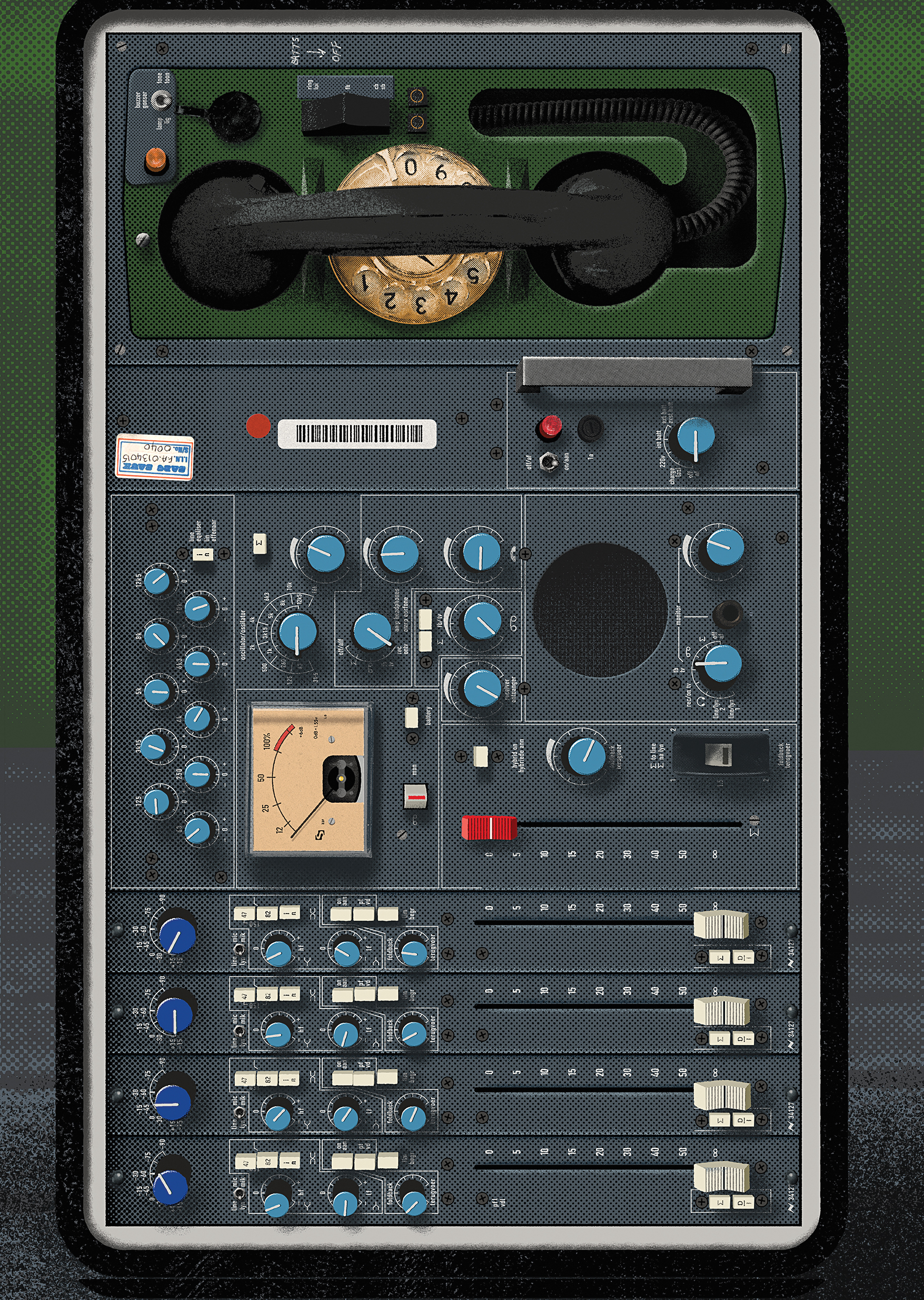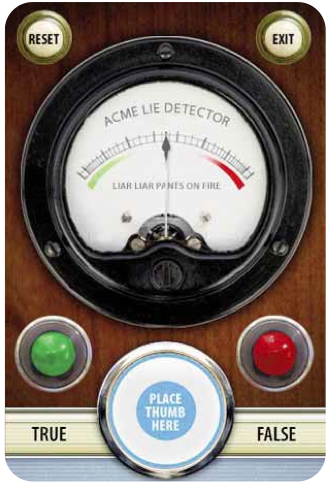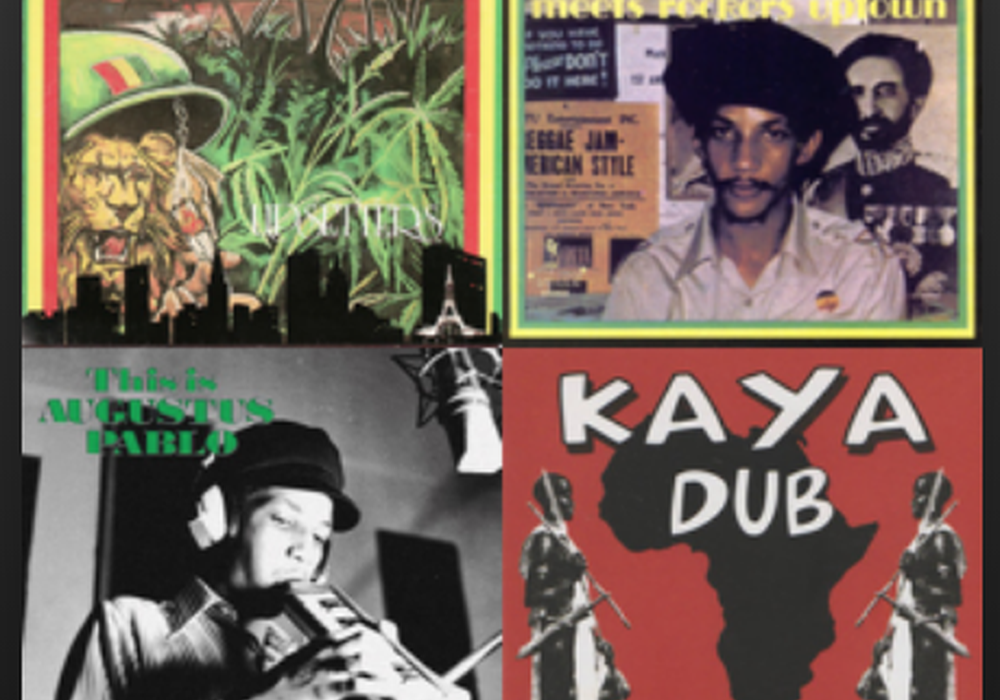A while back I had an interesting session recording auditions and providing camera audio feed over the course of three days for 24 instrumental and vocal performers, all of whom were hoping to get on the roster with Cirque du Soleil. Roger Butterley, the Music Casting Advisor and Talent Scout, was supervising and guiding these sessions. As we tracked (overdubbing on live pieces from actual shows) Roger worked with the musicians to see how well they took direction, as well as how they incorporated changes in their next performance. All of these players and vocalists were top notch - Roger had already reviewed and vetted many applicants and watched hundreds of YouTube clips. The people walking in the door could all deliver the goods. Occasionally a performer would say, "If I could just roll back and punch in that one part," with a little laugh. They knew full well that these were "live" auditions and that "fixes" would not be happening. They knew they were asking to be considered for a job where they'd be asked to perform flawlessly for two shows a day, five nights a week. There are no punch ins, rewinds, breaks to tune or any other such "luxuries" afforded the musicians on a Cirque show. As I watched and listened to the auditions, I contrasted this experience with several recent projects I had worked on.
In one case, a songwriter had recently taken up piano. He had some great ideas and a good voice, but as he started working towards takes we both realized that he just wasn't ready. The songs had a lot of stops and starts, tempo changes, and vocals that wrapped around these elements - it was impossible to easily separate the vocal and piano performances into two passes, and takes just weren't coming together. We could have started the laborious project of building click tracks, creating piano takes with comping, and then overdubbing vocals. But as we discussed this I asked him, "Is that really what you want?" He didn't, and interestingly enough we switched over to acoustic guitar and tracked a quick batch of songs that came out fine!
Another songwriter came in recently to track a song. We hired a talented local drummer who made quick work of putting down an exciting drum track. The songwriter's friend, an active music instructor, effortlessly laid down bass and guitar parts to complement the singer's rhythm guitar. But, as we began tracking vocals, it became apparent that although the arrangement felt solid, the lyrics complete, and the singer's pitch and tone were quite good, that we really weren't getting vocal takes as strong as the song required. It turned out the missing piece was simply a bit of practice - not just warm ups in the studio, but time spent singing a bit every day to strengthen up his voice. We all agreed, and he went home with an instrumental mix to practice along to. I think it'll work wonders.
Do people assume that the studio can "do more" for them these days? I think so. Even an artist who might scoff at highly polished, edited, Auto-Tuned "pop star" vocals might keep the concept that we can "fix everything in a computer" in his or her thoughts. Thus, in many people's minds, the professional recording studio has become a place where magic really does happen, or at least the potential for magic could happen. But I find that most people I record really do want to hone their craft, give performances, and create compelling art. Sure, in most cases we could "get it done" with the (Pro) tools at hand, but what kind of document is that? A series of ragged performances stitched together with creative edits and pitch alteration? Why not start with a compelling performance? I can guarantee that listeners will know the difference and positively respond to the latter.
But I also wonder if some of this reaction is my own current perception of the recording scenario. As I get older, and as the number of people I have worked with in the studio grows, I feel part of me has less patience for a less-than-great performance. "This could be better," I think. I should clarify that I'm not approaching these scenarios in a negative light. I know what my clients are trying to accomplish, and I am there to help them. But when they are trying to achieve something that requires more preparation and practice on their part, I am ready to tell them so and honestly tell them why. I tell the truth.
The ACME lie detector. Useful studio tool?? http://acmemobileproducts.com/acme-lie-detector/




